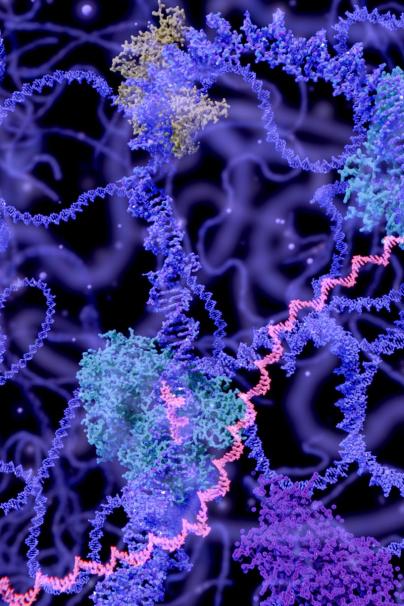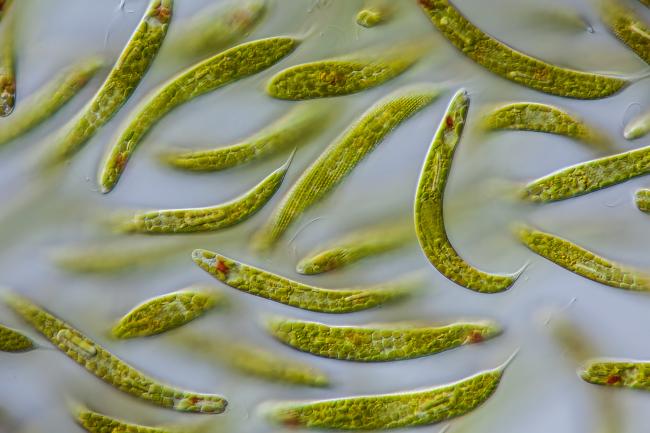Biography
I am a bioinformatician/computational scientist in the Core Bioinformatics Group led by Dr. David Swarbreck. I am working on the protist branch of the Darwin Tree of Life Project. My primary interests are in the area of evolutionary genomics and bioinformatics. I am particularly interested in the evolution of microbial eukaryotes, as these include some of the most diverse lineages of eukaryotes.
Prior to joining the Earlham Institute, I carried out my PhD research at Maynooth University, where I applied bioinformatics, genomics and proteomics methods to characterise genomic evolution in plant pathogenic Phytophthora species and other oomycetes. I also obtained a BSc degree in Biology and Computer Science at Maynooth University.






